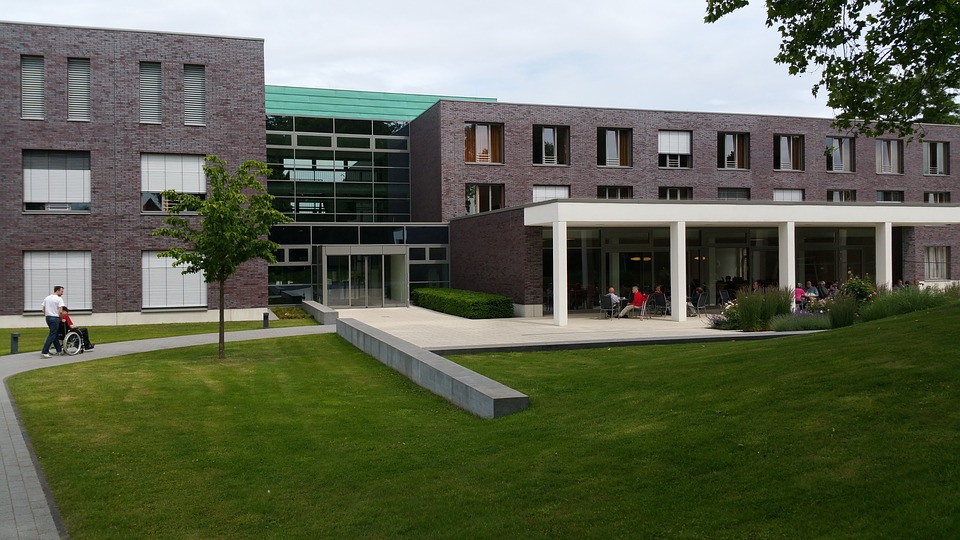The aftermath of a traumatic brain injury can be more debilitating than the initial blow. For some people, their cognitive function might not return to its former state, which can lead to depression, anxiety, and other difficulties. It is important to find out what you are capable of after an injury like this and work on improving your skills in order to get your self-confidence back. This article will explore how you can go about doing that!
Find The Right Rehabilitation Center
Rehabilitation is a critical component of TBI recovery. Rehab provides an opportunity for individuals with a TBI to learn how to function again. Rehabilitation allows people to not only focus on their cognitive abilities, but also on functional skills such as mobility and self-care. It is important to note that the type of rehabilitation program one chooses will largely depend on the severity of the injury and what one is most interested in improving.
When it comes to rehabilitation, your goal should be to find a center that has years of experience in taking care of patients with brain damage. You can get an idea about this by checking out the resource map for traumatic brain injuries, or by consulting with your doctor to see if they have any recommendations about who you can speak with. Rehabilitation centers are responsible for helping people learn how to function again after a TBI.
Get Support From Friends and Family
Friends and family are an essential part of TBI recovery, especially when it comes to your cognitive skills. This kind of support might seem trivial, but in reality, it can make all the difference in helping you get back on track. These people are there for you during the hard times, which lets them offer their own perspective on how it feels.
The loss of self-confidence after a TBI is often caused by things like physical limitations or certain behavioral changes. Sometimes, these feelings do not go away even if your body functions fully again. If this is happening to you, then getting support from friends and family can be a great way to overcome these types of obstacles.
Find A Hobby You Enjoy
This goes for anyone suffering from cognitive deficiencies after a TBI, but thinking about your goals is an important part of recovery. By doing so, you can use your time after a TBI to work towards those goals and improve your self-confidence in the process. Hobbies are great ways to engage your brain again and give it a new challenge, which will both keep you interested and help you feel better overall!
The most effective hobbies are those that have rules or objectives that one must follow. This lets patients with TBI practice their skills without worrying about whether or not they are doing things perfectly right. In addition, working on a hobby will make you feel like you are doing something productive with your time, which can lead to increased confidence. Hobbies also provide healthy distractions from the stress of daily life after a TBI.
Make A List Of Your Strengths And Weaknesses
Doing this type of evaluation lets you know how far along in recovery you are and what needs more work. Knowing these things about yourself can help you evaluate if there are any changes needed for rehab or if it is time to move on into something else like getting a job or moving back home. This list should include information like areas where you used to excel but may now do poorly, as well as those that have improved since the injury happened. In addition, think about your hobbies and things you used to enjoy before the injury, as that section of your list should also include knowledge about what you liked most in those activities.
Using this information can help you figure out how far along you are in recovery and determine if there is anything else needed outside of rehab. When evaluating your weaknesses, try to avoid feelings like discouragement or shame, instead, use them to remind yourself that there might be something you need help with. Feelings like these make it easy to get down on yourself, but doing so will keep you from improving! By figuring out where your strengths and weaknesses lie after a TBI, rehabilitation can focus on areas where improvement is needed more than others.
Recovering from a traumatic brain injury can be more difficult than the initial blow. For many people, their cognitive function might not return to its former state, which could lead to depression and anxiety issues. It is important for those who have been diagnosed with TBIs or other types of head injuries to get help through rehab so that they may regain confidence in themselves again. In this article, we explored how you can go about regaining your cognitive functions after an injury like this!

